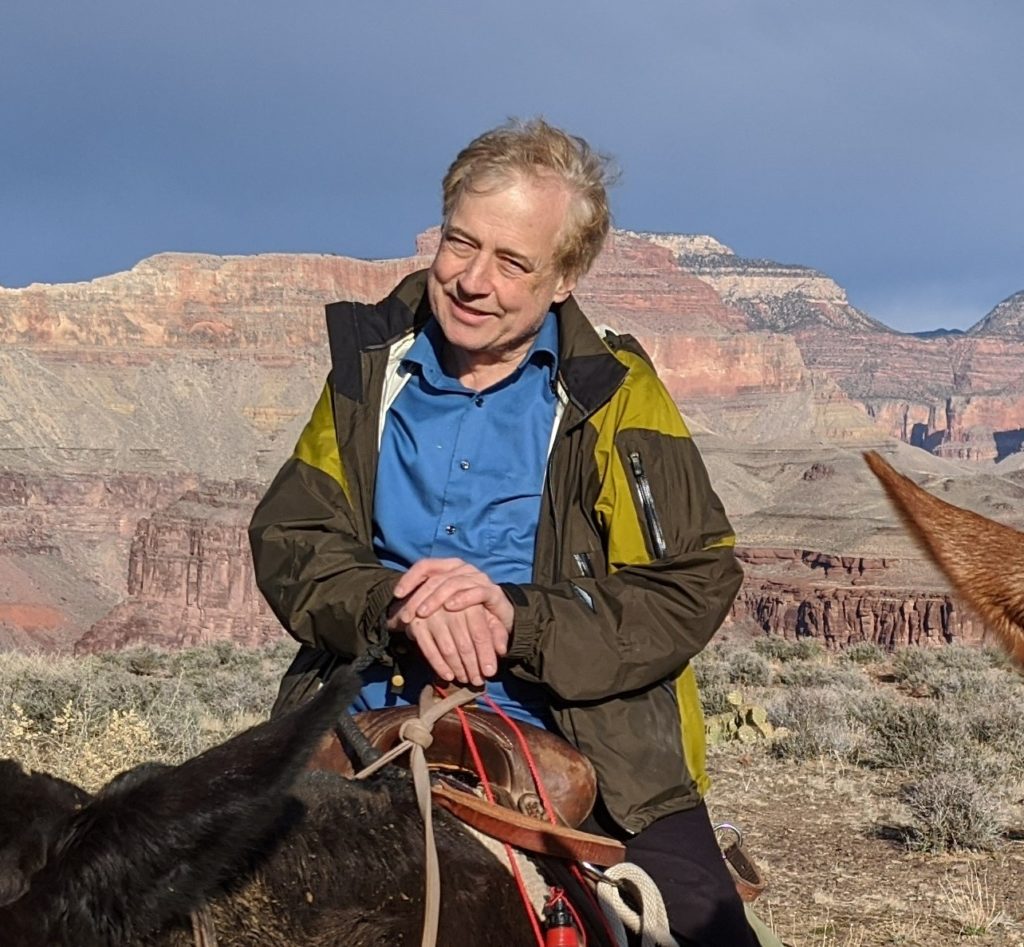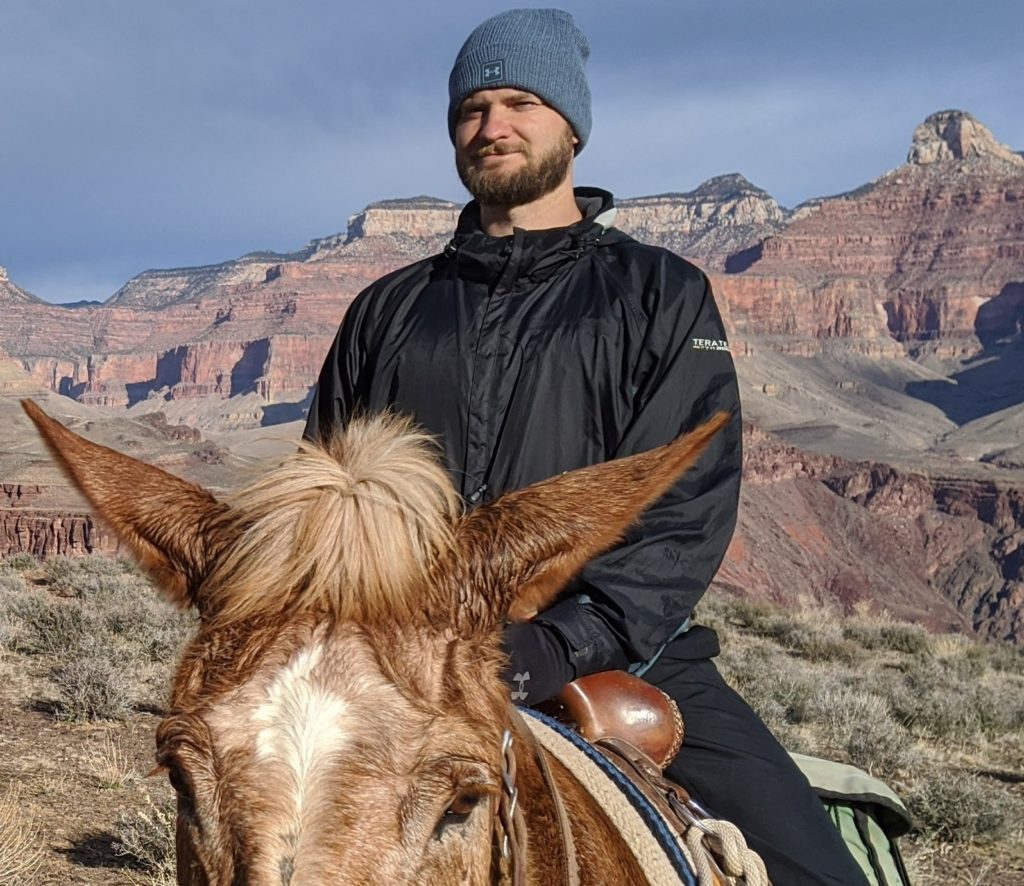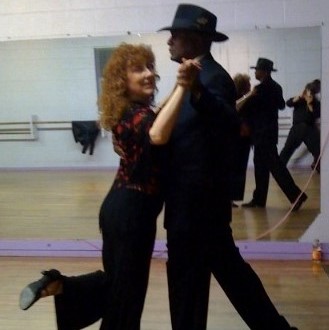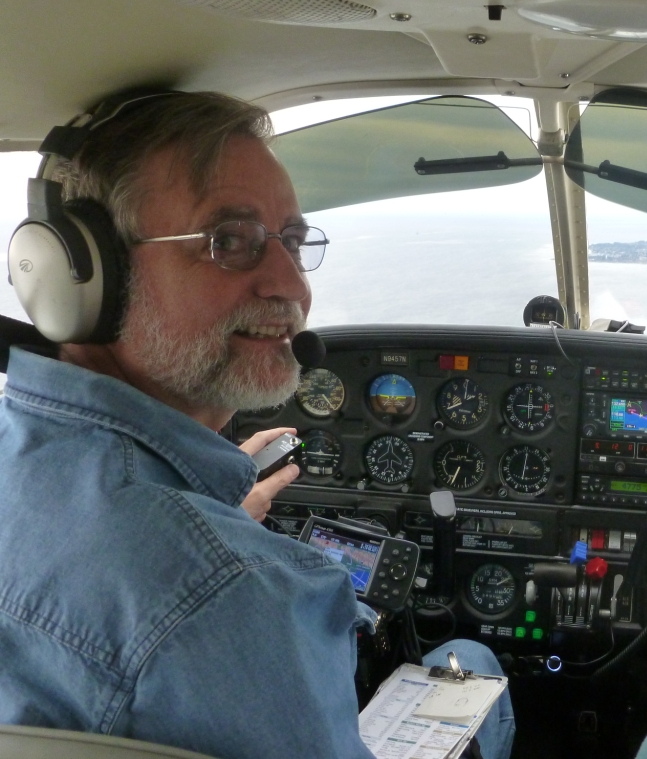The Primordial Scoop is a blog devoted to discussing questions related to synthetic biology and astrobiology: How and where has the life started in our solar system? How did it continued? Can we build it from the scratch and how much can we reshape it before it breaks? And what is life after all?
About the Authors:

Steven Benner
Steven has developed the fields of paleogenetics, evolutionary bioinformatics, astrobiology and synthetic biology, working at Harvard, the ETH Zurich, and the University of Florida before establishing the Foundation for Applied Molecular Evolution (Alachua) and Firebird Biomolecular Sciences LLC.. His synthetic biology has had over $1.3 billion in medical applications, and is currently used in coronavirus detection. His laboratory has also resurrected 3 billion year old proteins in Jurassic Park experiments, and helped define how life may have arisen on Earth and Mars. Outside of science, Steven bicycled across the North American continent, 6083 kilometers in all.
He earned a Bachelors and Masters Degrees in Molecular Biophysics and Biochemistry (Yale), and a Ph.D. in Chemistry (Harvard)

Jan Špaček
Jan has worked in the field of electrochemistry of modified and natural DNA at the Czech Academy of Sciences and the Central European Institute of Technology. He has also visited the Ege University (Izmir), the Interdisciplinary Nanoscience Center (Aarhus), the Department of NanoEngineering at UCSD, and the Foundation for Applied Molecular Evolution (Alachua). He presently develops life detection devices, from coronavirus to Venusians and Martians, at the Firebird Biomolecular Sciences LLC. Outside of science, Jan bicycled around the Baltic Sea and across the Australian continent, 7500 kilometers in all.
Jan earned a Master’s degree in Molecular Biology and Genetics and a Ph.D. in Genomics and Proteomics (both at Masaryk University in the Czech Republic).

Carol Cleland
Carol is Professor of Philosophy at the University of Colorado (Boulder). She is Director of the Center for the Study of Origins at CU Boulder and an affiliate of the SETI (Search for Extraterrestrial Intelligence) Institute. She is known for her work on the definition of life, on the shadow biosphere (a term which she invented), on the classification of minerals by their geological history, on the distinction between historical and experimental approaches to science, and on the Church-Turing thesis on theoretical limits to physical computation. Her current research interests are on the role of anomalies in scientific discovery. She is the author of The Quest for a Universal Theory of Life: Searching for Life as we don’t know it and co-editor (with Mark Bedau) of The Nature of life: Classical and contemporary perspectives from philosophy and science. In her free time, she dances the Argentine tango and practices yoga.
Carol earned a B.A. in mathematics from the University of California (Santa Barbara) and a Ph.D. in philosophy from Brown University.

Mark Harrison
Harrison received his BSc from the University of British Columbia and PhD from the Research School of Earth Sciences (RSES), Australian National University. He helped develop 40Ar/39Ar thermochronometry at SUNY Albany before moving to UCLA where he is Distinguished Professor of Geochemistry. There he was Chair of Earth and Space Sciences and Director of the Institute of Geophysics and Planetary Physics while investigating the Tibetan-Himalayan orogen. From 2001 to 2006 he served as RSES Director where he turned his attention to the nature of Hadean Earth and the lunar bombardment history. He is a member of the Australian and U.S. academies of science and received awards including GSA’s Day Medal and AGU’s Bucher Medal. Harrison is a commercial pilot who integrates aviation into his field research. He has cumulatively bicycled 14 miles.
